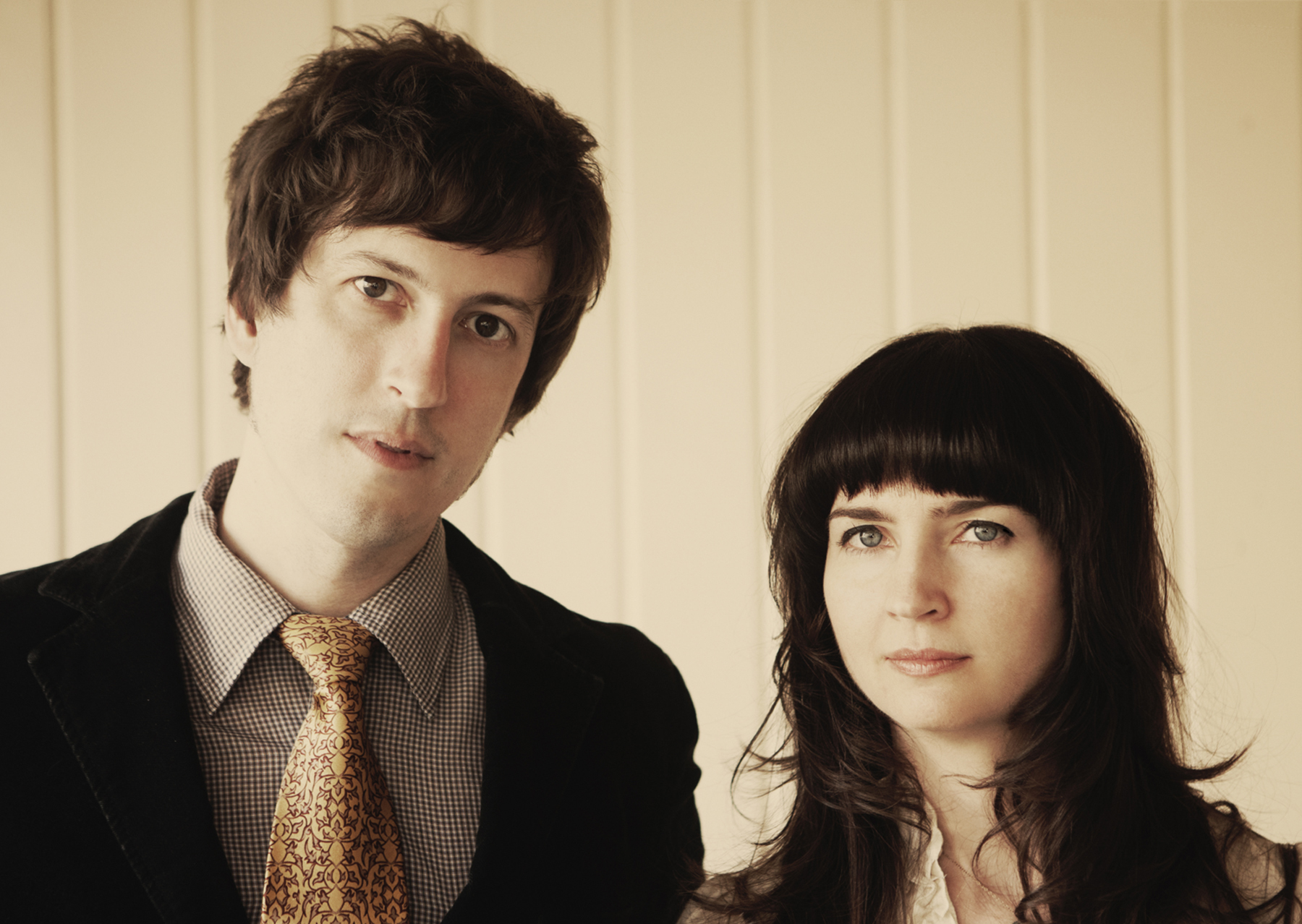When I began the process of interviewing musicians, sometime in 2008, I hadn’t really thought of online journalists – specifically those of whom were devoted to acerbic album reviews. In the aughts, the juggernaut of esoteric references and irreverent snark, Pitchfork Media, had been widening their net over independent music. Practicing my brand of unfocused paper shuffling, I interviewed The Clientele and Fever Ray with a litany of nondescript questions that benefited neither party. Arming myself with the kind of queasy puffery that an intern would shield themselves with, I went into these Q&As with scrupulously polite intentions. Later, my curiosity piqued: what did these musicians think of Pitchfork Media’s questionably insidious methods of journalism? The dour attitude, even in the site’s most forgiving reviews, left a lot to be desired. Maybe I was wrong?
I began, over time, asking the same question to bands and solo acts: is Pitchfork friend or foe? Here are ten responses they gave me.
Matthew Friedberger of The Fiery Furnaces

[Myspace and Pitchfork] haven’t helped musicians at all. People used to make money off of selling records. That has nothing to do with those websites, but those sites still haven’t helped musicians at all. I think Pitchfork has centralized information. People used to pick up a free weekly in their town, but now they don’t. Now you have a couple of these music websites – both businesses – that have ruined the vernacular of music. I would say it’s bad. I think those websites are terrible and should quit immediately. Some bands get lucky, but that also happened before Myspace was around. Those sites weren’t around when that stupid “Loser” song by Beck came out. Maybe it had money behind it. He’s a Scientologist scumbag anyway. In my experience it’s not what the writers say, but it’s the number that people read. But what’s the difference? I think Pitchfork, whether they say it or not, is publicist driven. I’m older so I learned about music through libraries and record stores. I bought things blindly, whenever I had money.
Andrew Kenny of The Wooden Birds and American Analog Set

Pitchfork has become the only game in town, which is scary, and depending on where you are in your trajectory as a fan, it can be a huge help or the complete opposite. The worst Pitchfork can do is not review your record. And if they don’t, still, it’s not the end of the world. In the beginning, reviews from the site can only help your band, but after you have a record or two out it can only hurt you. But people love reading it; it wouldn’t be so popular if people didn’t rely on it as much as they did. People have spoken and they want Pitchfork.
Adam Goldberg of The Goldberg Sisters

I don’t have a lot of nice things to say about Pitchfork. Everyone told me that we had to get Pitchfork, but if you aren’t regaled by them – even if your album is getting good reviews in certain circles – it’s almost like your album doesn’t exist. That world is fairly alien to me. I’m kind of told that these things are important, and I guess to a certain extent they are, but I don’t have any real personal feeling about it. Obviously we want to get as much surface exposure as possible. It’s the same thing with movies and the internet, really; films are getting more exposure through these sites and it’s a good way to find out about things you may have not known about. And then there’s another part of me that thinks that there is so much out there that it’s hard for anything to find the surface. When it does it’s indicative of quality, otherwise it’s completely arbitrary.
Julia Shapiro of Chastity Belt and CHILDBIRTH

I was honored that they reviewed our album and got a 7.5. That gave us attention that we wouldn’t have otherwise gotten. We were surprised that they reviewed it or even cared. When we were recording the album, we thought, “this is for our us and our friends, because nobody else is going to care about it.” The way Pitchfork reviews things – and I didn’t know this until recently – is that they have a panel, a kind of board, that gives a record a score and then they average it out. It’s crazy how much power they have. Another problem I have is that some of their reviews are so bad, but I know it’s hard to write about music. I hate writing about music. It’s a difficult task. They tend to namedrop a lot. But I will say that I don’t check too many music blogs, but I do check Pitchfork.
Dan Boeckner of Wolf Parade, Handsome Furs, and Divine Fits
I honestly think that it’s easy to hate on Pitchfork. But hating on Pitchfork is like hating a baby for throwing up on itself. They established right away that they were kitschy and fickle about what they like and what they don’t like. A lot of their reviews come from frustrated creative writing students, but with that being said they totally serve a purpose. Still, with a band like Deerhunter, they really publicize and build up the band, and then seconds later they start to tear Bradford Cox [lead singer of Deerhunter] down.
Colleen Green

I don’t really think about Pitchfork or Rolling Stone that much. I used to have an accidental subscription to RS, like a long time ago, but I mostly used the pages to cover every surface of my home. They both exist and serve as, at least, a means for people to find out about new/different musics, so I suppose that is good.
Brad Petering of TV Girl

I may go on frequent Pitchfork –bashing rants on Twitter. But I still like them, generally. I’d say at this point, they are 60% friend and 40% foe. But that balance is getting worse all the time. They have the power to promote good underground artists and they use that power occasionally. But their coverage is so clearly becoming dictated by PR companies and the exchange of music biz favors. I mean, this is ostensibly a music publication that thrives on supposedly unbiased music reviews. But they probably make most of their money from a music festival that features the musicians they champion! The conflict of interest there is glaring. Their journalistic credibility is highly suspect.
Hayden Thorpe of Wild Beasts

There are repercussions to a lack of endorsement, but over-endorsement carries its own pitfalls in the long term. [Pitchfork] is an asset to artists, but nobody’s word is gospel; influence is perhaps more evenly spread than we like think. It does worry me when publications begin to wallow and relish their own power; it feels a little medieval. Thumbs up or thumbs down; to be saved or to be slaughtered.
Spencer Krug of Moonface, Wolf Parade, and Sunset Rubdown

Pitchfork really liked Wolf Parade when everyone really liked Pitchfork, so I know in some way, early on, they had a positive effect on my ability to make music for a living. For new musicians, I imagine Pitchfork can be crushing when the reviews are bad, and head-swelling when they’re good. My only advice (unsolicited) would be to try to not read them, or at the very least, ignore them, which is what I try to do. But that’s a musician’s standpoint. As a reader, I don’t know. I very rarely visit the site, and I’m getting old, so I don’t know how relevant Pitchfork is anymore, but I would guess it’s a good place to go to simply find out what musicians are up to, and then hopefully make up your own mind as to whether or not the music is good. (And what else can the writer do except express his or her own opinion? That’s their job. I imagine, or hope, that writers for Pitchfork (and all music journalists) know that their reviews should be taken with a grain of salt. I like to think they know they have no real authority over what is good and what is bad – as no one does – but that their words are simply their own; shouldn’t be taken as the gospel, and are rather just one person’s opinion. That’s the mindset with which I think reviews should be read.)
Bethany Cosentino of Best Coast

If we hadn’t got “best new music” it wouldn’t have been the end of the world, but it’s awesome to be given that title by a website that is very important in music right now. It definitely gave us a boost of confidence to know that we’re doing something right, that someone is enjoying our music. No matter what we were happy with the record, so that’s all that matters.
